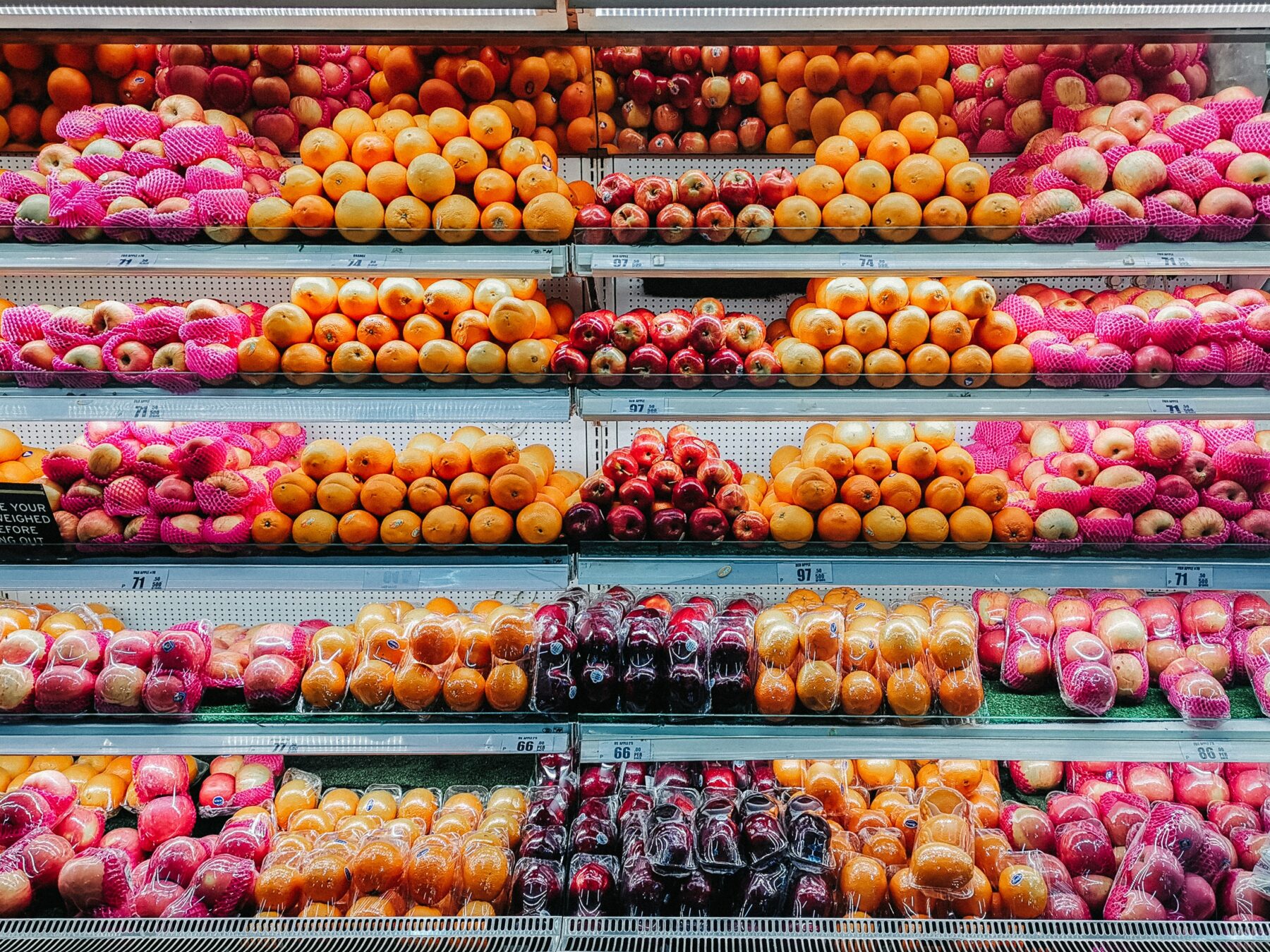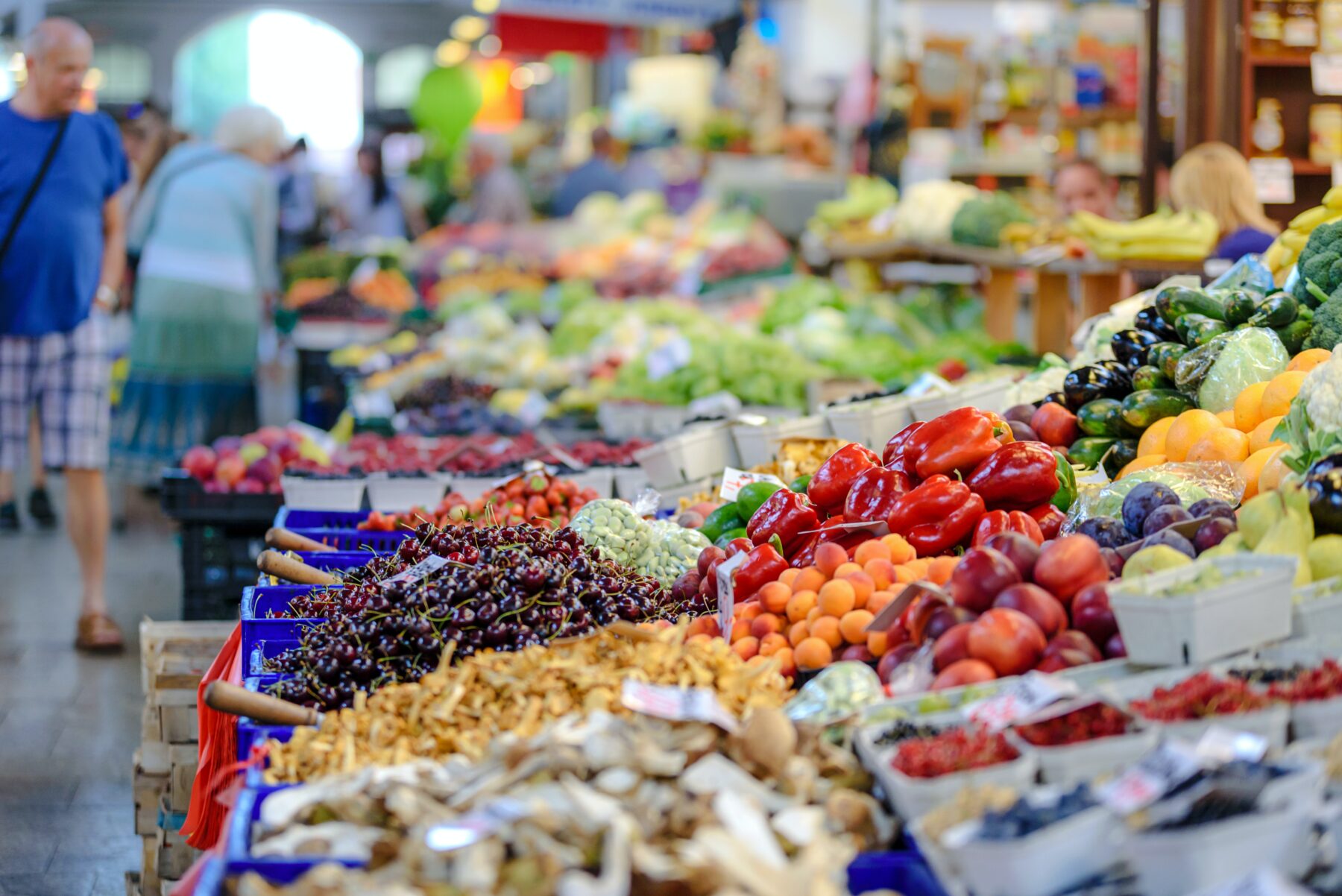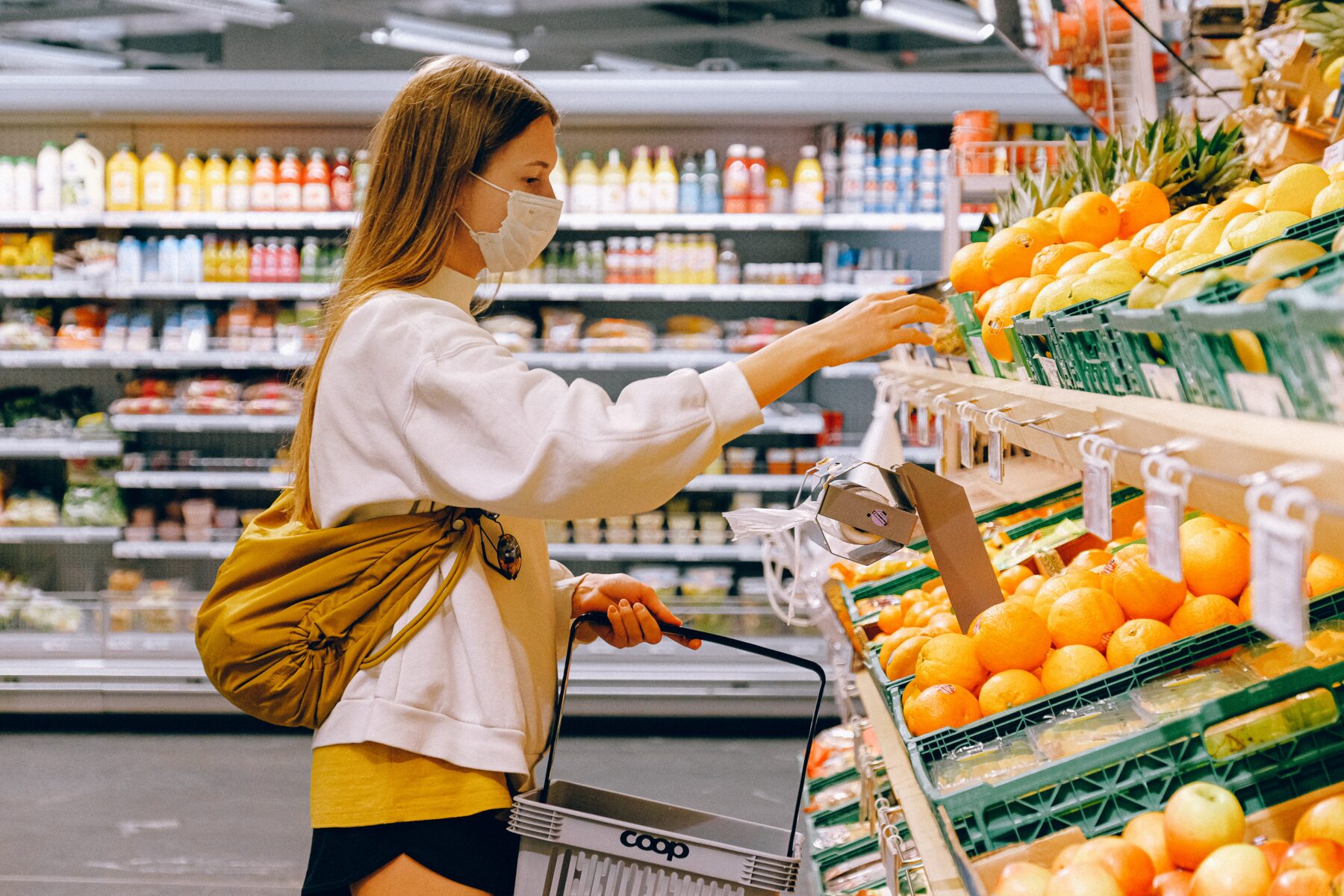What Do All Those Food Certifications Mean?

At the grocery store, you’ll probably notice food products with seals and certification badges. Some are legitimate from governing bodies like USDA Organic and private organizations, and others are subjective opinions from the owner or manufacturers like “certified delicious.”
Whatever the case, it’s important to have a clear understanding of what each certification means and how they got it. Here’s a breakdown of the most common certifications for food products.
Non-GMO Project Verified
A GMO, or genetically modified organism, is a plant, animal, microorganism or other organism whose genetic makeup has been altered using genetic engineering or technology. Foods likely to contain GMOs are canola, corn, cotton, papaya, soy, sugar beet, yellow summer squash and potatoes. Many GMO foods are found in packaged processed foods. You can avoid GMOs by looking for the stamp or buying organic.
Certified Gluten-Free
Gluten-free diets aren’t only for those with celiac disease. Many go gluten-free for personal preference or other lifestyle practices that naturally eliminate gluten-containing foods. Gluten is present in wheat, barley, rye, triticale, malt and brewers yeast. The Gluten-Free Certification Organization (GFCO) certification mark is reliable for foods meeting the strictest gluten-free standards.

USDA Organic
As defined by the United States Department of Agriculture (USDA), organic meat, poultry, eggs and dairy products come from animals without antibiotics or growth hormones. Organic produce must be grown without using most conventional pesticides, fertilizers made with synthetic ingredients or sewage sludge, bioengineering, or ionizing radiation. Along with organic farming, there are USDA standards for organic handling and processing. A government-approved certifier must inspect to ensure the farmers hold these standards. To be sure you’re eating organic, look for 100% organic! On produce, look for price look-up (PLU) codes starting with 9.
Certified Vegan
To be approved as a certified vegan product, it must not contain ingredients from animals or animal-derived GMOs. It also must not have been tested on animals. This standard may also be seen on non-food product labels, such as toothpaste, soaps and shampoos.
Certified Humane Raised and Handled
This certification program aims to improve the lives of farm animals by driving consumer demand for kinder and more responsible farm animal practices. When you see this logo, you can trust the food products have come from facilities that meet specific, objective standards for farm animal treatment from birth to slaughter.
Certified Paleo
For anyone following a paleo diet, look for this seal, certified by the Paleo Foundation! Certified Paleo products must be grain-free, legume-free and dairy-free. They’re also free of artificial coloring, preservatives, sweeteners and flavor enhancers.
Certified Kosher
“Kosher” is a Hebrew word that means “fit” or “proper and acceptable” and includes a set of dietary conditions mandated by Jewish law. Kosher supervision agencies, such as the Kosher Supervision of America (KSA), monitor this certification.

Whole30 Approved
The Whole30 Program is a 30-day elimination protocol meant to help people reset their cravings and improve their habits around food. To meet the Whole30 certification standards, a food product must include no traces of the following: added sugars, alcohol, grains, dairy, legumes, carrageenan, MSG or sulfites.
Fair Trade Certified
This is a globally recognized sustainable sourcing certification that improves livelihoods, protects the environment and builds resilient, transparent supply chains. This label signifies that the product meets rigorous social, environmental and economic standards, including safe working conditions, environmental protection and sustainable livelihoods, and gives back to communities supporting the mission.
Rainforest Alliance Certified
This group is an alliance of farmers, forest communities, companies and consumers committed to creating a world where people and nature thrive in harmony. The seal signifies that the product or ingredient was created using methods that support the three pillars of sustainability: social, economic and environmental.
–
Next time you visit the grocery store, look for products containing certification stamps, as they demonstrate that the food company went out of its way to invest money into its brand to undergo rigorous auditing and commit to maintaining practices to hold them to higher production standards.
As a nutritionist, I value the shift to a more transparent food system. I’m happy to spend a few extra dollars on a product with certification stamps to know my money is going toward higher-quality ingredients, standards, or better farming and environmental practices.
About the Author

Krista Large is a nutritionist, habit coach and online fitness trainer. Her passion in life is teaching others to dream big and live large, which starts with health. Large is an Ole Miss Rebel and runs her own brand and business based here in Austin, Living Large Wellness.






